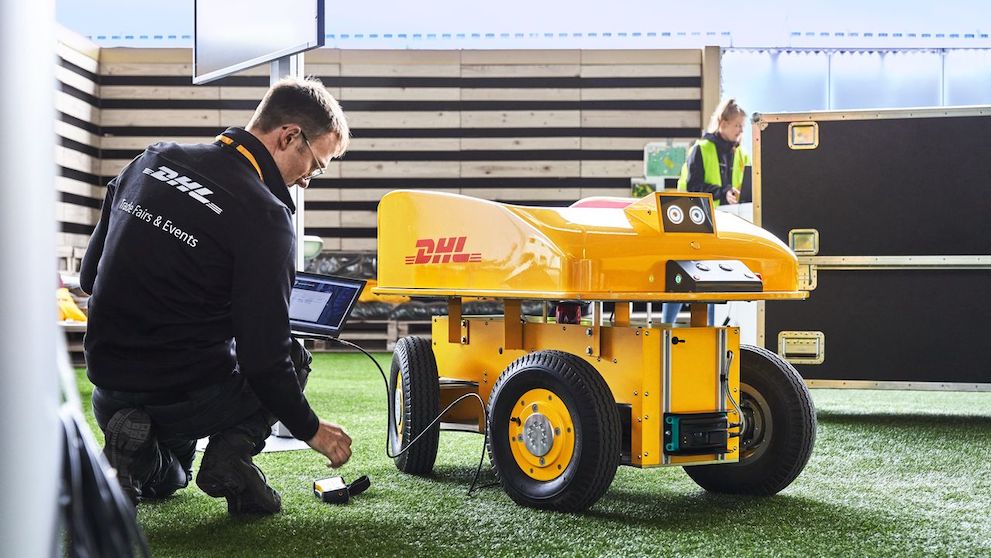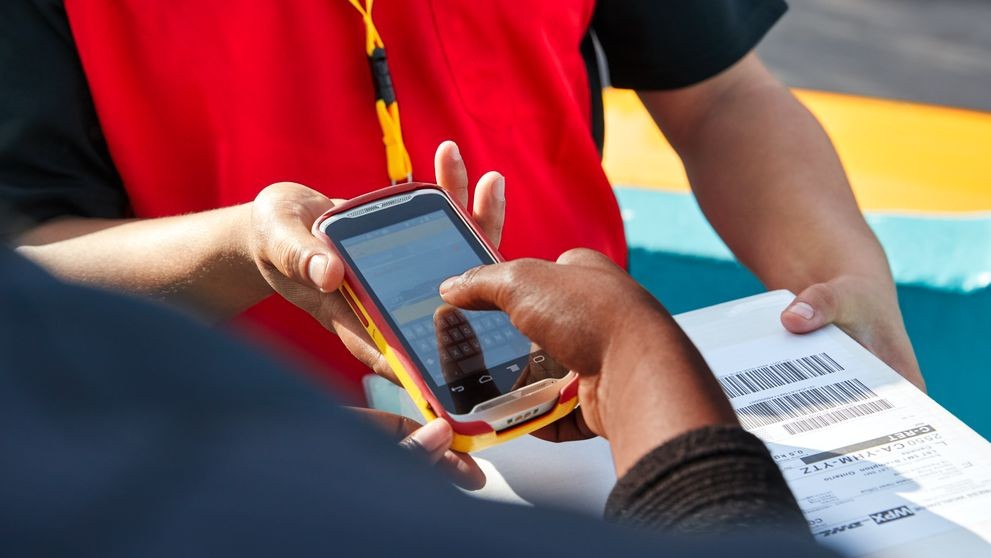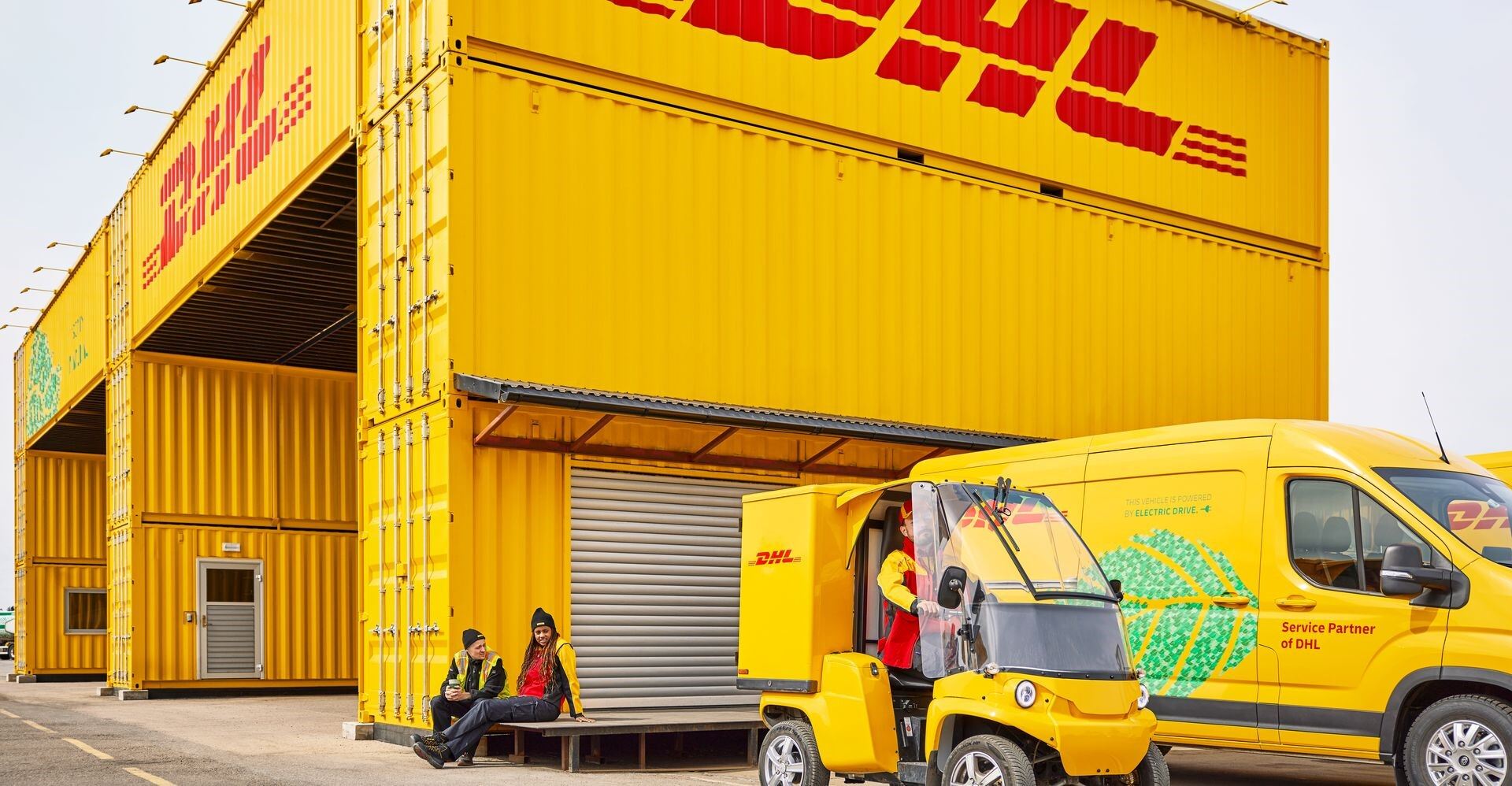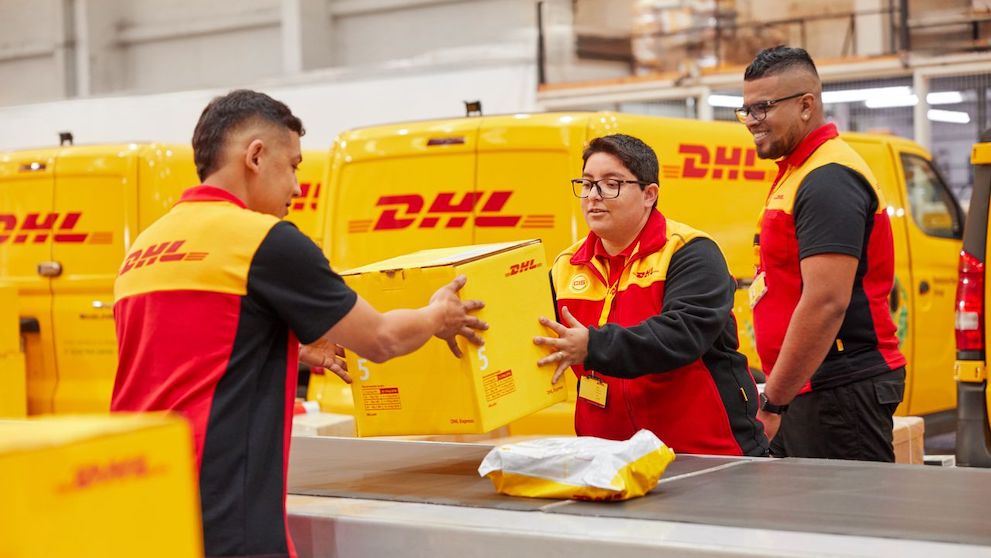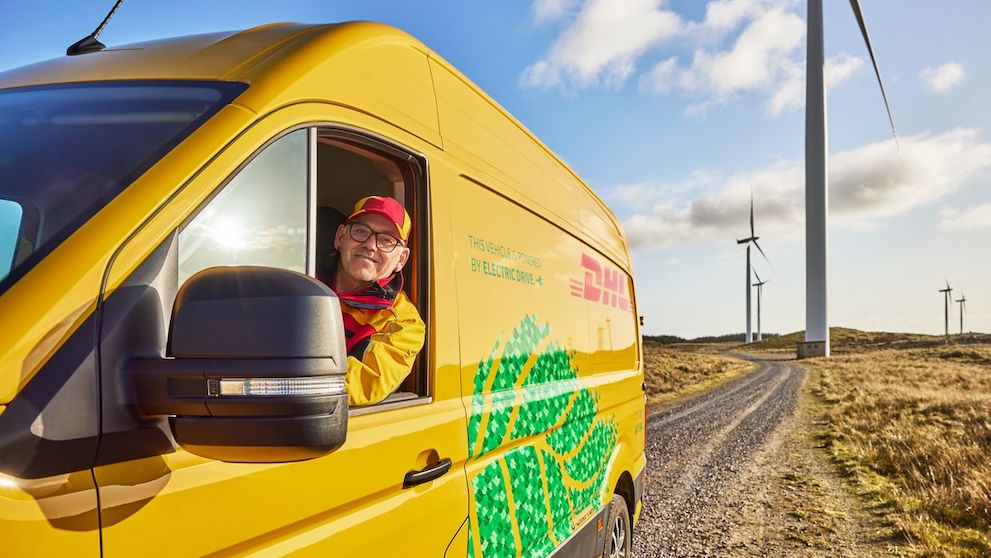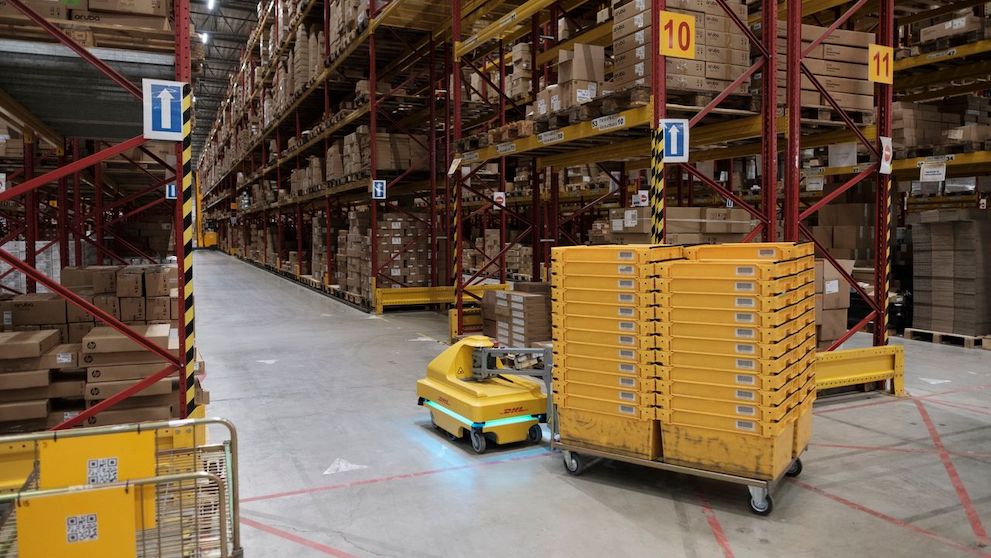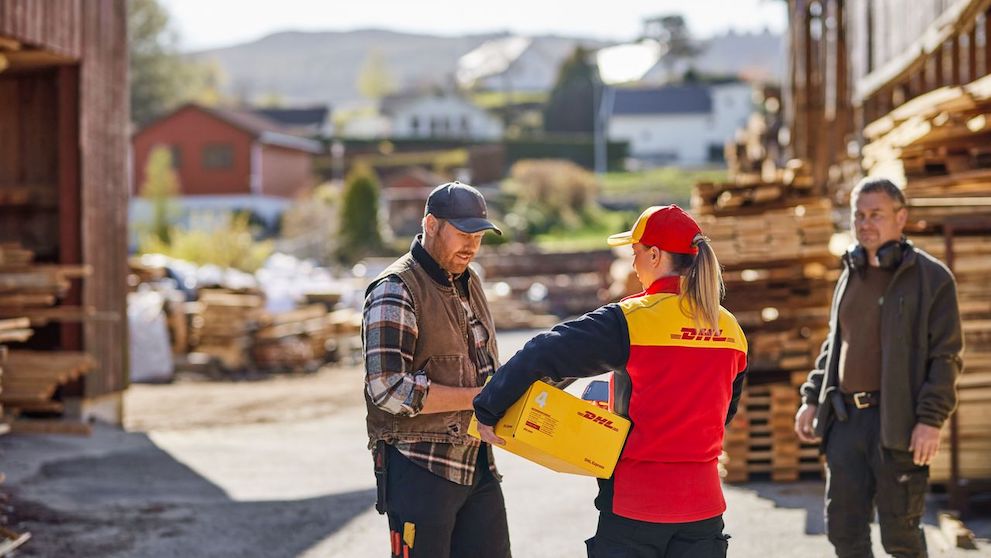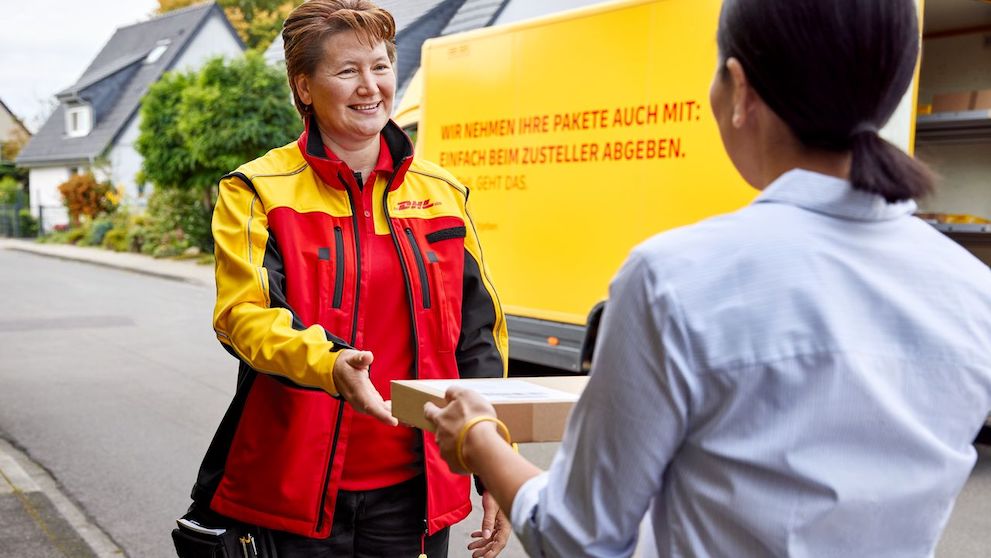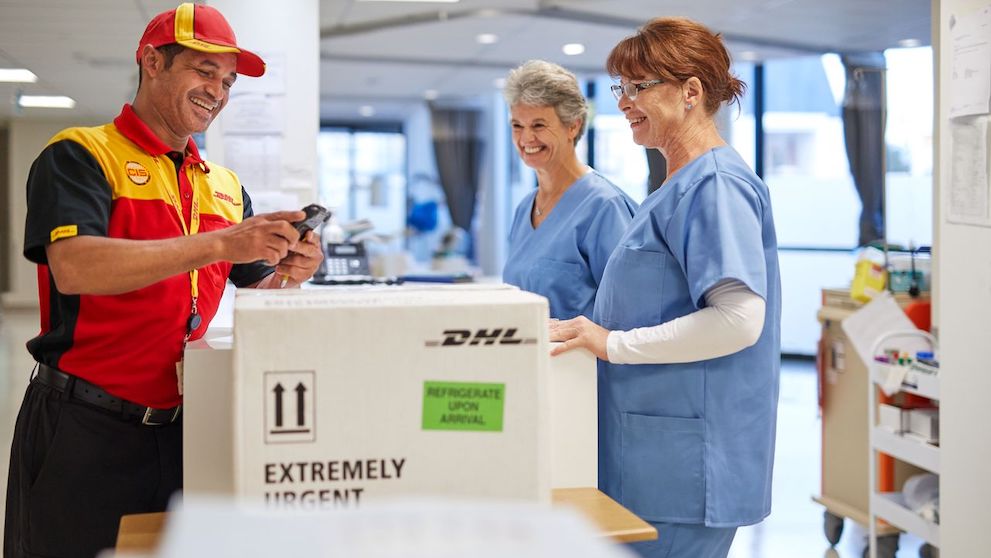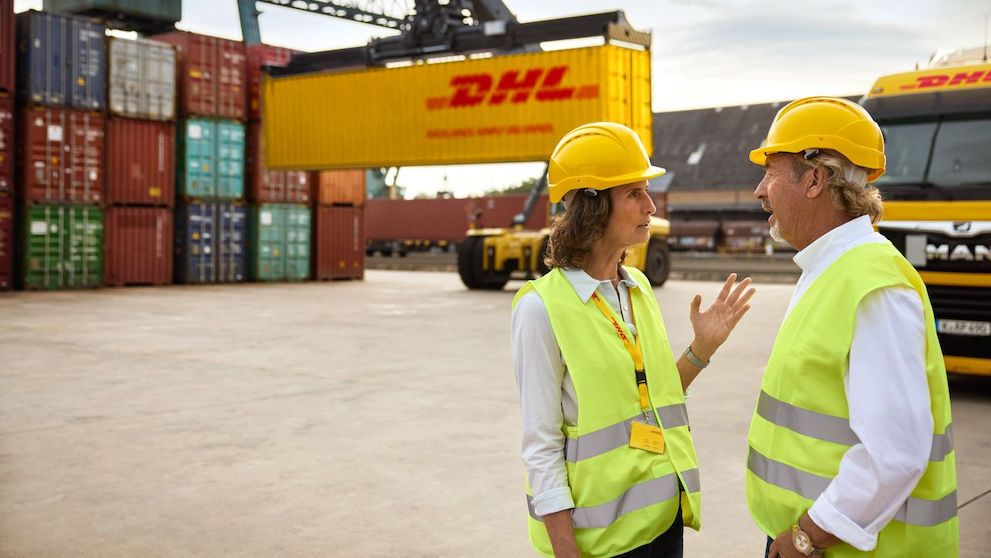To stay competitive in today’s business environment, it is imperative that organisations incorporate innovative digital technology solutions to their logistics and supply chain strategies. This would ensure it achieves the agility and resilience required to adequately handle disruptions. Smart logistics solutions, Logistics 4.0, include sophisticated AI powered data analytics, drones, automated transport vehicles and other innovative technologies. Find out more about how these technologies can help to organise your business’ logistics operations in the best possible way.
Introducing Logistics 4.0
To understand what Logistics 4.0 is, we first need to look at Industry 4.0 – the fourth industrial revolution. Industry 4.0 is the digitisation of processes, where data analytics, decentralisation and real-time tracking allow for greater accuracy, automation and increased productivity.
Logistics 4.0 is the implementation of the basic tenets of Industry 4.0 – the shift to digitisation – to the supply chain sector. Digital transformation is valued to be worth US$75.5 billion for logistics players globally by 2026, according to a report by Research and Markets. This puts Logistics 4.0 high on the agenda for many businesses. Supply chain management is complex and dynamic, requiring the careful coordination of several different factors – inventory, demand, fleet, customer service management, order fulfilment and dealing with returns. By implementing smart supply chain strategies and digitising logistics management, enterprises can automate their processes and increase efficiency and productivity.
How is supply chain management supported by Industry 4.0?
1. Using advanced analytics to make more informed decisions
Manual methods of collecting data from suppliers, customers or partners can be time-consuming, tedious and prone to human error. It is also difficult to factor in external information, from the minute, like weather, to the more significant, like political events, that can affect demand and supply.
With more sophisticated information technology – artificial-intelligence (AI) and machine learning algorithms – businesses can have greater oversight over how the different internal and external factors can affect their logistics and supply chain processes.
They are able to gather larger amounts of data from a greater number of sources more efficiently. This puts them in a better position to extrapolate data, analyse and predict outcomes – so as to quickly make decisions so that customers receive their product on time and in optimal conditions.
2. Automating processes with drones and robots
The logistics industry involves the movement of goods, which requires a high level of manual labour. This would mean having to hire lots of workers to do this heavy lifting. Tasks can also be repetitive and the use of heavy machinery can mean a high risk of injury for human workers. Long hours or manual labour can result in fatigued workers and the chances of mistakes happening increase.
But with technology, and the assistance of smart picking robots, drones and shuttles, businesses do not need to depend as heavily on human workers. Automated Guided Vehicles (AGVs) move and stack goods around the warehouse. Drones help to audit inventory, perform stock taking and locate misplaced items.
Incorporating technology to warehouse order fulfilment can help businesses to cut costs significantly. Instead of repetitive tasks and having to contend with safety issues, machines free up workers’ time, increasing productivity.
3. Greater connectivity with Internet of Things (IoT)
IoT devices in smart supply chain management collect data in real-time from different sources around the warehouse and from other warehouses and tracked in a single dashboard. For example, products to be shipped are tagged with RFID sensors, allowing their contents, movements and shipment dates to be tracked once they enter the house. This organises and streamlines the process of shelving and dispatching. Smart shelves aid in tracking the adding and removal of parcels by calculating the differences in weight. IoT solutions consolidates data into one system – hence guaranteeing more transparency in your warehouse.
DHL Express’ digital solutions
DHL Express employs such digital solutions and information systems to transform the way it carries out its logistics services. As part of Strategy 2025 – delivering excellence in a digital world – DHL is investing in over €2b. It has implemented a range of smart technologies, such as smart warehousing solutions, advanced AI analytics and sophisticated robots to optimise its performance.
DHLbot, an automatic flyer sorter, improves sorting efficiency; autonomous mobile robots, built with sensors and AI-powered avoidance systems, carry out on-demand deliveries; chatbots offer 24/7 service and real-time updates, so you always know where your parcel is at any point in time; route optimisation ensures routes are planned more effectively, so customers receive parcels faster.
When you plan your logistics strategy for the year, ensure you partner with a third party logistics partner, such as DHL Express, that is at the forefront of emerging technologies in logistics and supply chain management. Open an account with us today.
